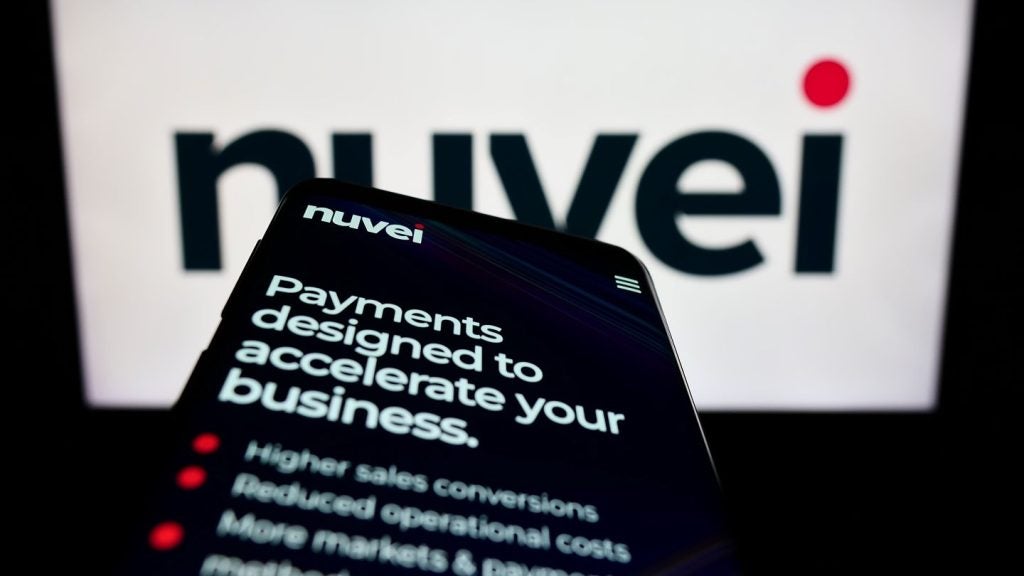
JP Morgan and Apollo Global Management have unveiled a proof of concept (PoC) for a tool that uses blockchain technology for managing investment funds.
Crescendo – the result of the Project Guardian joint venture between Apollo, Onyx (JP Morgan’s blockchain wing) and the Monetary Authority of Singapore – is intended to simplify investment for asset managers and clients by providing a central hub through which to invest in funds and assets.

Access deeper industry intelligence
Experience unmatched clarity with a single platform that combines unique data, AI, and human expertise.
In practice, this means that a manager can set up a proposed allocation of funds to different sources and send that proposal to their client. Once approval and funds are sent (in the form of a USD-equivalent token), the manager can then simply activate the fund for the investment to happen in real time.
Onyx and Apollo argue that this will save managers the time and complexity of manually divvying up available funding and investing it, as well as providing a high degree of transparency as all investments will be published on a public ledger.
The other key benefit that they describe in their report is an increased ability to access alternative investments such as private equity, real estate and private credit. These assets offer higher returns but at a cost of lower liquidity and greater amounts of paperwork, which Onyx and Apollo argue puts portfolio investors off due to a lack of scalability.

US Tariffs are shifting - will you react or anticipate?
Don’t let policy changes catch you off guard. Stay proactive with real-time data and expert analysis.
By GlobalDataThe paper is vague as to how tokenisation could improve liquidity in this market, but if the proof of concept is implemented and scaled it would certainly reduce the complexity of alternative investment significantly.
This is the latest of many projects by Onyx exploring the uses of blockchain and Web3 in high-value finance since its creation in 2020. Last year, it conducted its first transaction on a public blockchain, also as part of Project Guardian.
Other ventures have been less successful, such as its move into the metaverse through the programme Decentraland. Banks, as well as other real-world industries, have generally moved away from the metaverse recently due to dwindling user numbers and high costs of entry.
Nonetheless, Onyx has shown itself to be a remarkably flexible wing of the banking giant, and of all its focuses this looks among the most likely to take off. Paired with the increasing interest of central banks in digital currencies, blockchain in institutional finance is increasingly looking like a real market shift rather than just a fad.
Not all signs are positive, though. GlobalData research suggests that patents in the field have slumped since 2021, though this may be a sign of the industry maturing and streamlining rather than a lack of interest.
Despite that, a recent GlobalData poll found that the technology is still viewed as disruptive. Asked which technologies they thought would change the way they do their jobs over the next three years, 33.2% of 1,216 respondents across GlobalData's network of B2B websites indicated blockchain.
Our signals coverage is powered by GlobalData’s Thematic Engine, which tags millions of data items across six alternative datasets — patents, jobs, deals, company filings, social media mentions and news — to themes, sectors and companies. These signals enhance our predictive capabilities, helping us to identify the most disruptive threats across each of the sectors we cover and the companies best placed to succeed.





